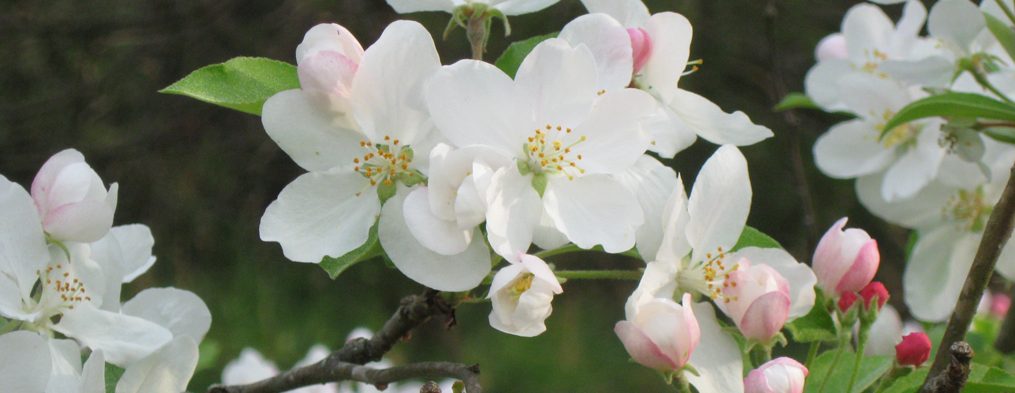Inanna provides a many-faceted image of the feminine. She is a goddess of order, fertility, grains, love, war, heaven and earth, healing, and emotion. She is called the “Lady of Myriad Offices”. Most of the powers once held by her, “the embodied, playful, passionately erotic feminine; the powerful, independent, self-willed feminine; the ambitious, regal, many-sided feminine” were eroded by the patriarchy throughout time.
Her descent to the Underworld is a valuable story at any time of the year but even more so here as the wheel turns fully into the dark of the year. During the dark of the year, we are to turn inward, our most introspective work is to be accomplished at this time. It is vital that we enter the darkness as did Inanna, bare and bowed low.
Inanna’s most important myth begins with the great goddess opening “her ear to the Great Below”.
“From the Great Above she opened her ear to the Great Below.
From the Great Above the goddess opened her ear to the Great Below.
From the Great Above Inanna opened her ear to the Great Below.”
In the Sumerian language, the word for ear and wisdom are the same. Enki, who is the God of Wisdom, is said to have his ear “wide open” indicative of being fully receptive. The message here is that Inanna’s primary reason for traveling to the Underworld was to seek wisdom and understanding.
What this meant was that Inanna had to abandon everything she knew, everything she possessed, all of her powers in heaven and on earth to gain this wisdom and understanding.
“My Lady abandoned heaven and earth to descend to the underworld.
Inanna abandoned heaven and earth to descend to the underworld.
She abandoned her office of holy priestess to descend to the underworld.
She gathered together the seven me.
She took them into her hands
With the me in her possession, she prepared herself:
She placed the shugurra, the crown of the steppe, on her head.
She arranged the dark locks of hair across her forehead.
She tied the small lapis beads around her neck,
Let the double strand of beads fall to her breast,
And wrapped the royal robe around her body.
She daubed her eyes with ointment called “Let him come,
Let him come,”
Bound the breastplate called “Come, man, come!” around her chest,
Slipped the gold ring over her wrist,
And took the lapis measuring rod and line in her hand.”
She gathered all of these things as a means to protect herself. Each of these adornments is worn at one of each of the seven chakras. She traveled to the Underworld and when she arrived she met with Neti and demanded to speak with her Sister Ereshkigal.
Ereshkigal is the place where potential life lies motionless. When Neti described Inanna and how she looked as she waited at the outer gate, Ereshkigal was not pleased.
She sent Neti to defend her. Ereshkigal wanted Inanna to experience what it is to be rejected, to enter only when she is “bowed low”.
At each gate, Inanna is asked to remove one item and when she asks why, she is told,
“Quiet, Inanna, the ways of the underworld are perfect.
They may not be questioned.”
She is deprived of her godhood, her connection with heaven, her ability to manifest, her feelings of ecstasy and rapture, her emotional being, her will and her sexual role in life. All of these represent who she was, as a queen, a holy priestess and as a woman.
Naked and bowed low, Inanna entered the throne room.
“Ereshkigal rose from her throne.
Inanna started toward the throne.
The Annuna, the judges of the underworld, surrounded her.
They passed judgment against her.
Then Ereshkigal fastened on Inanna the eye of death.
She spoke against her the word of wrath.
She uttered against her the cry of guilt.
She struck her.
Inanna was turned into a corpse,
A piece of rotting meat,
And was hung from a hook on the wall.”
It is here, at this point that we end this part of the story, for Inanna must remain in the Underworld until it is time for Her Return. Her transformation as a result is not something that happens quickly.
And so it is that we too, as we enter the dark time of the year, must shed what we hold too close. We must step out of ego, let loose all of the things we think we know or understand. We must present ourselves to the dark, laid bare and bowed low. For it is in this state that we open to wisdom and great knowledge. We too, must turn our ear to the Great Below.
Wolkstein, Diane and Kramer, Samuel Noah, Inanna, Queen of Heaven and Earth, Harper and Row Publishers, New York, 1983
